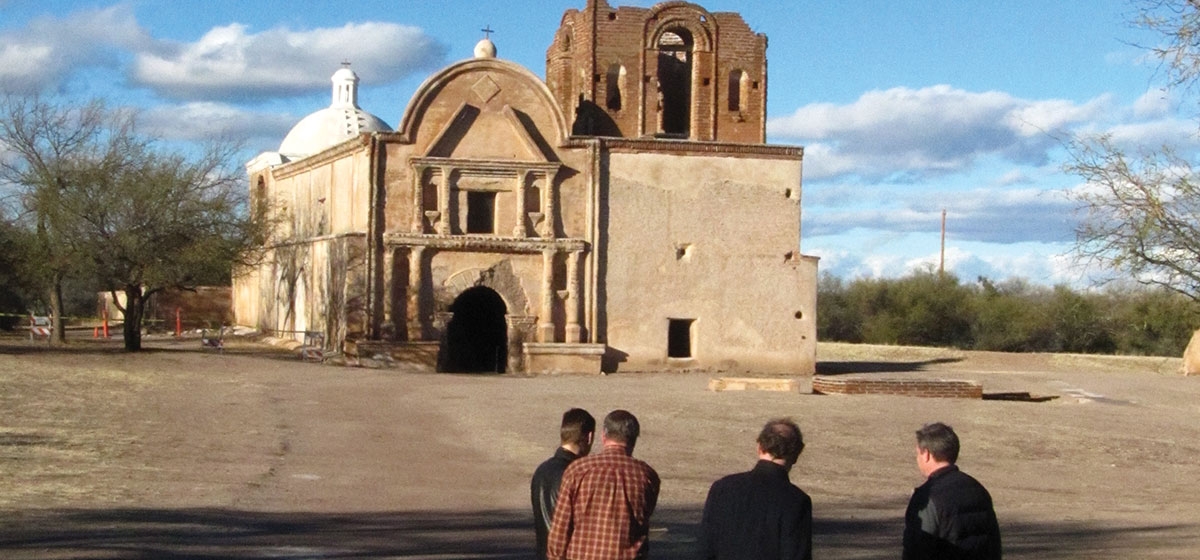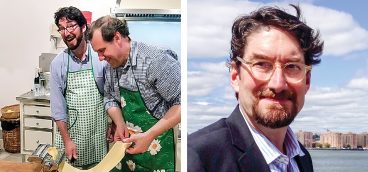Ancient Lessons

After turbulent flights, impenetrable storms and closed airports, I reached Tucson in the wee hours. I went to meet three college friends and our former professor for a weekend seminar in that city of cacti and mountains. Three things reminded me of college days: missing sleep, not finishing the reading and contemplating what it means to live “the good life.”
The phrase conjures an image of a wine glass in hand, looking over the deck of a yacht at a beautiful sunset. And really, what do you need for that but money? Some 2,500 years ago, the ancient Greeks took a different view.
Our assignment was to read Herodotus, “the father of history,” and one of the seminal stories involved Croesus, king of the Lydians. His wealth was such that the phrase “rich as Croesus” is still used.
One day around 550 B.C., Croesus received a visit from Solon the wise man. After showing Solon his treasure, Croesus said, “My Athenian guest, word of your wisdom and travels has reached us even here… so I really can’t resist asking you now whether you have yet seen anyone who surpasses all others in happiness and prosperity.”
Solon responded: “Sire, that would be Tellus the Athenian.” Deflated, Croesus asked why. Solon said, “For one thing, he lived in a famous way and had good and noble children, and he saw all his children and grandchildren surviving him. Besides, he was well off, at least by our standards of living, and he ended his life in the greatest glory, for he came to the aid of the Athenians in a battle against their neighbors… and forced them to flee before he died most nobly on the battlefield.”
With prompting, Solon mentioned others as well. The irritated Croesus asked why Solon hadn’t picked him. Money wasn’t everything, Solon said, and happiness could only be judged accurately at the end of life, because reversals happen. Of course, the gods took a dim view of Croesus’ hubris in thinking he was the happiest man, and the rest of his life was filled with great misfortune.
To the Greeks, happiness was what was known as eudaimonia, which can be described as virtue that leads to good actions. It involved a well-ordered soul, mental discipline and actions befitting such good character. And all was in the context of one’s community.
Herodotus and recent filmmakers chronicled one of history’s greatest group of “eudaimoniacs” in the story Leonidas, who led 300 Spartans in battle against Xerxes’ Persian hordes. The Spartans all died at Thermopylae, but they took 20,000 Persians with them and saved democracy and what would become Western Civilization.
And so, my friends and I were taken back 30 years to when, as young men, we debated what kind of lives we should lead. Such questions are the heart of liberal education, and they bear reconsidering. Are we leading the lives we should be? Are we seeking to be rich as Croesus? What should we do differently?
It’s been impressive to see Pittsburgh’s response to the earthquake in Haiti. But whether it’s there or here at home, community service has always been strong among Pittsburghers. Some consider it charity. Others, a duty or simply a way of life. If we consider the lessons of the ancient Greeks, however, perhaps community service is something else as well—a necessary part of the path to happiness.





